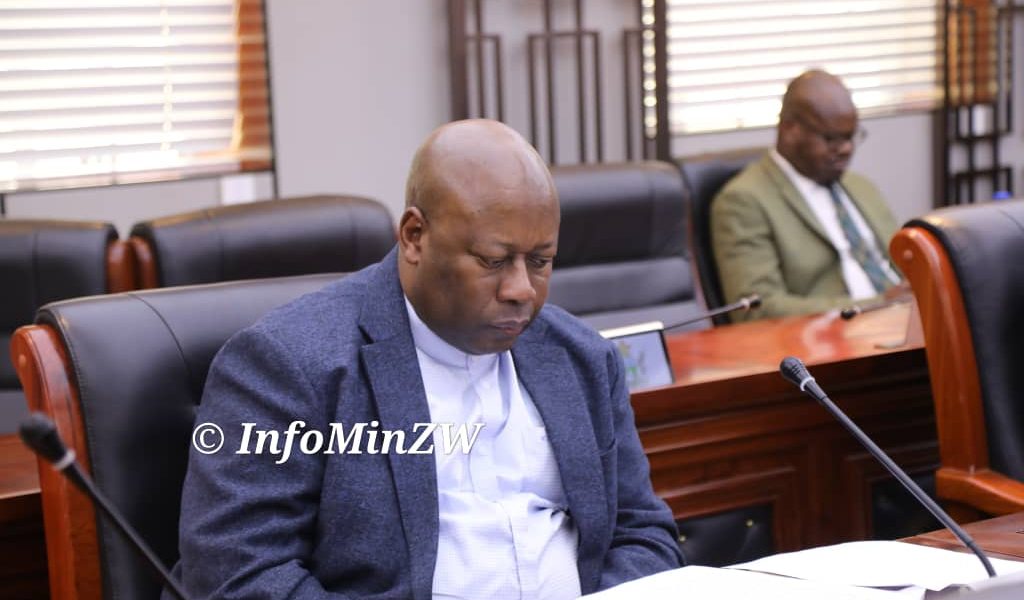The Zimbabwean government has taken firm steps to promote value addition and local beneficiation in the mining sector, with new measures targeting the ferrochrome and lithium sub-sectors.
This was announced during a post-Cabinet media briefing held in Harare on Tuesday by the Minister of Information, Publicity and Broadcasting Services, Jenfan Muswere.
The briefing followed a detailed update presented to Cabinet by the Minister of Mines and Mining Development, Winston Chitando, highlighting ongoing developments and policy directions in the mining industry. Said Muswere:
Pertaining to Ferrochrome, which is part of the value chain in stainless steel production, the Minister reported that it is the most volatile mineral in terms of prices.
There are about ten other ferrochrome producers whose capacity ranges from 3 000 to 84 000 tonnes per annum, with an estimated total capacity of 270 000 tonnes per annum.
The Palm River Project, which was commissioned in February 2025, now has an operational production capacity of 100 000 tonnes per annum and is in the process of ramping up to a design capacity of 1 000 000 tonnes of ferrochrome, which will make it by far the largest producer in the country.
With immediate effect, the issuance of new chrome mining title above 100ha has to be linked to the expansion or development of new furnace capacity.
Cabinet re-affirmed the ban on the export of chrome ores, and stressed the need to develop the ferrochrome industry locally.
The Ministry of Mines and Mining Development will be strengthening the implementation of the use it/lose it principle, and holders of all unutilised mining titles, chrome in particular, are requested to take note of the Government position.
With the global shift toward green energy, Zimbabwe is positioning itself as a critical supplier of Spodumene ores, a primary source of lithium.
The country’s lithium ore bodies are known for containing multiple valuable minerals, making them attractive for downstream processing. Muswere said:
Pertaining to the Lithium Sub-sector, Zimbabwe produces mainly Spodumene ores, which are critical in the new energy drive.
Zimbabwe lithium ore bodies are multi-element as they contain a number of minerals.
Bikita Minerals and Arcadia Lithium are in the process of establishing lithium sulphate value addition facilities in order to beneficiate the lithium ores produced locally.
With effect from January 2027, the export of lithium concentrate will no longer be allowed.



Why wait till 2027 to stop the exports? Stop it today.